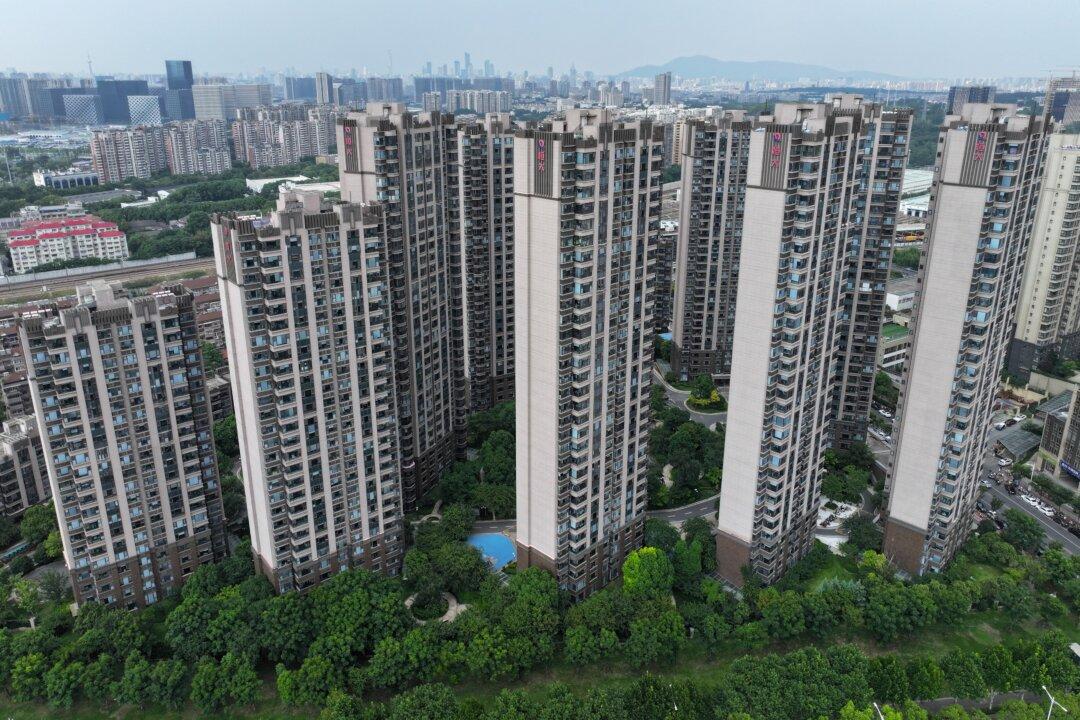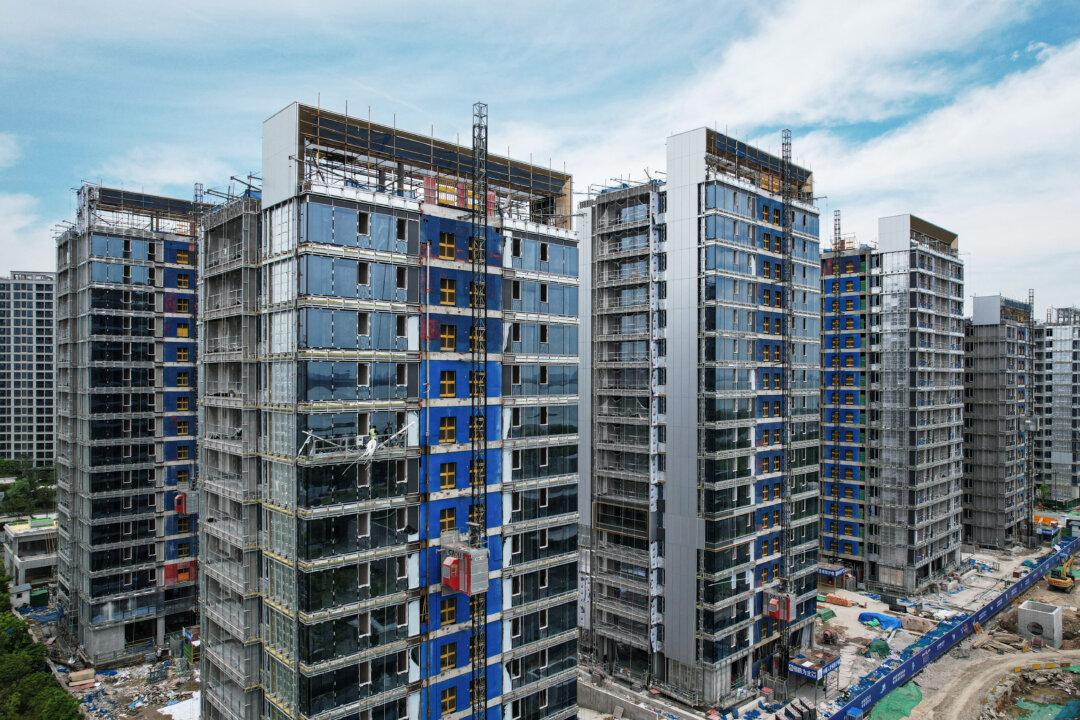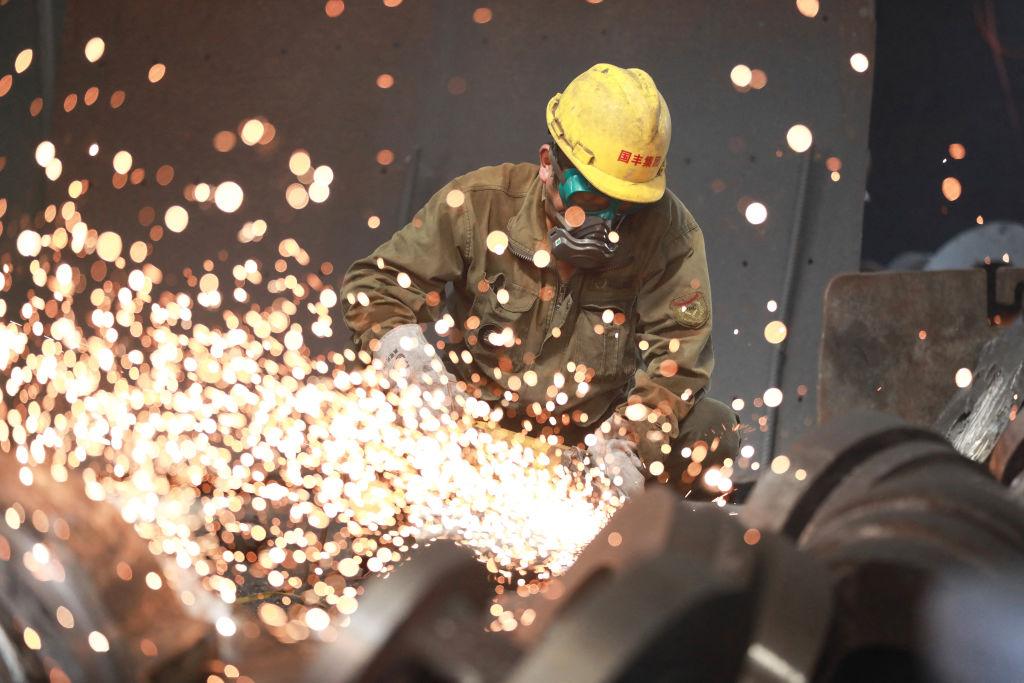China’s economic engine appears to have lost some steam, with official numbers indicating a slower momentum of manufacturing and services activity in April attributed to persisting economic headwinds, notably a weakening consumer appetite.
Following an upbeat start in the first quarter, the world’s second-largest economy has experienced a slide in pace also due to unexpected growth in March.





